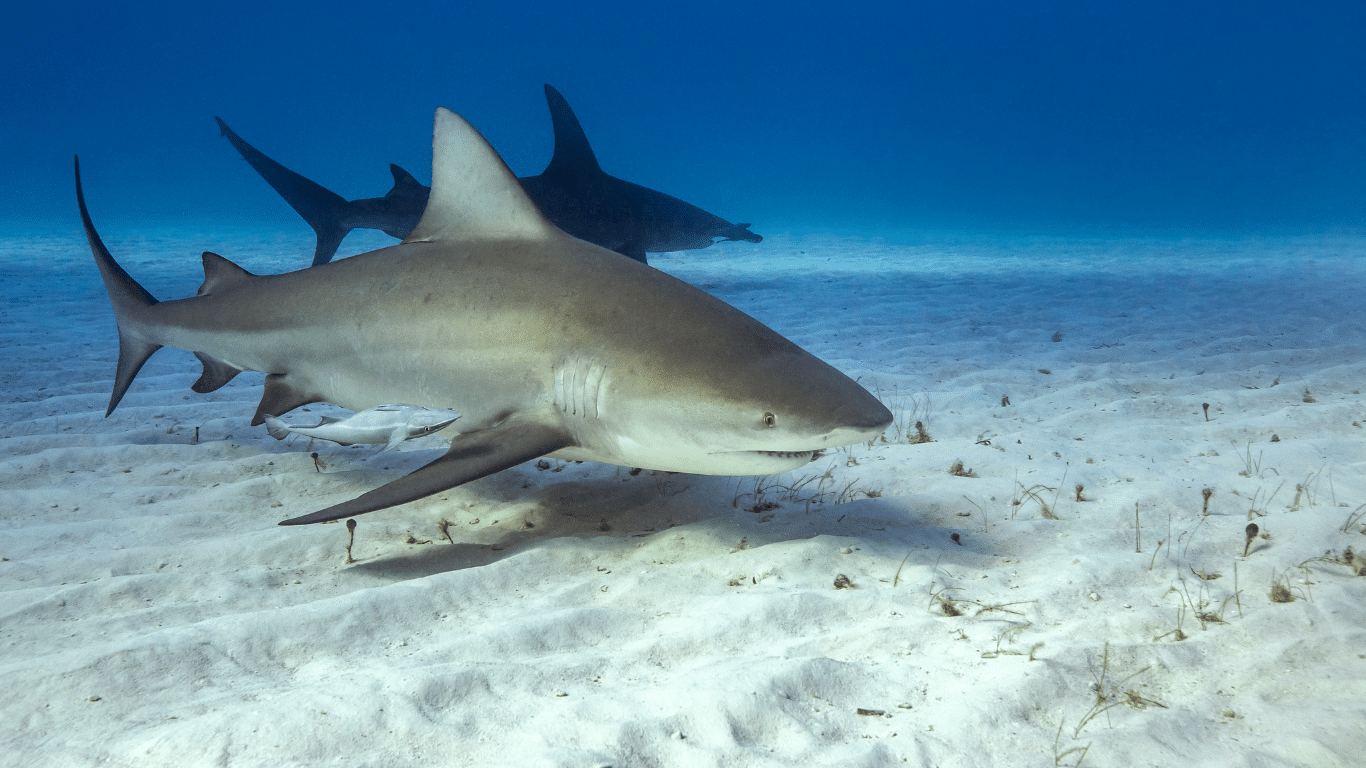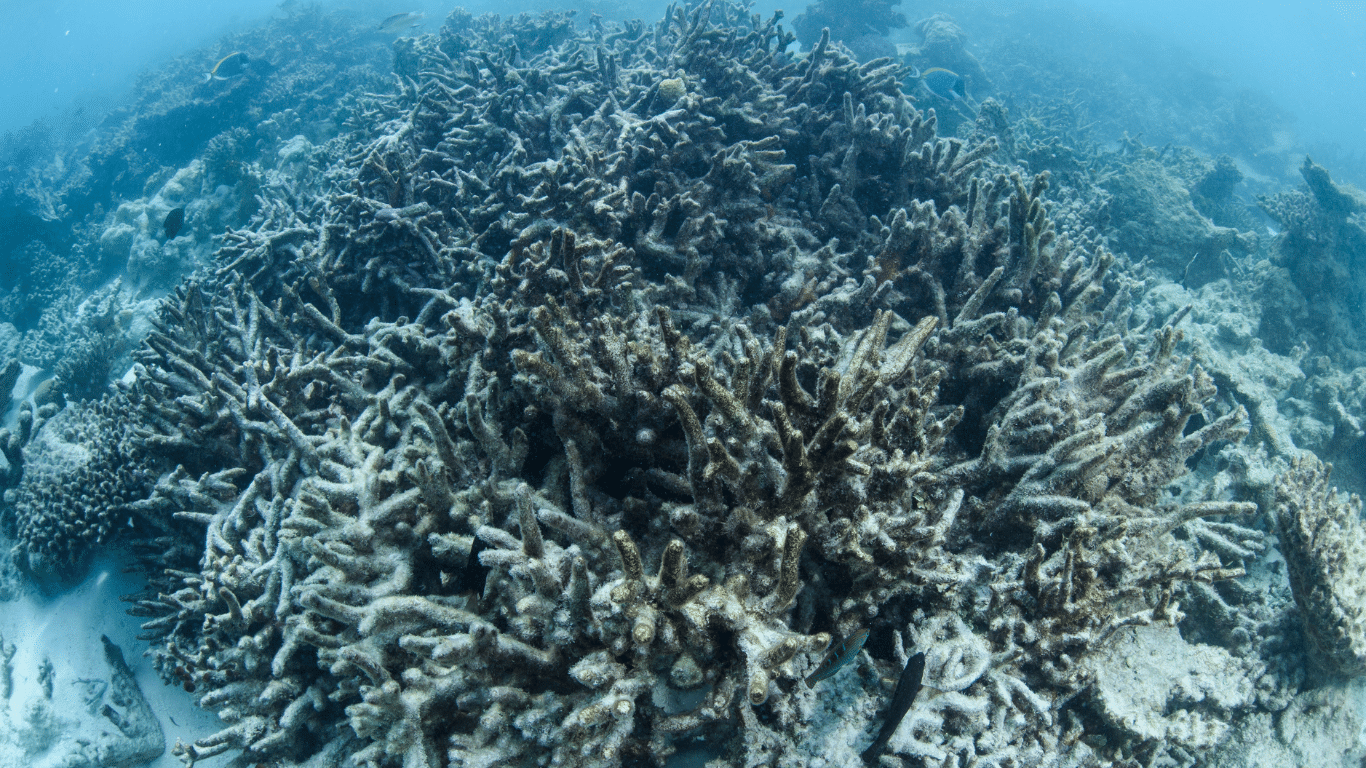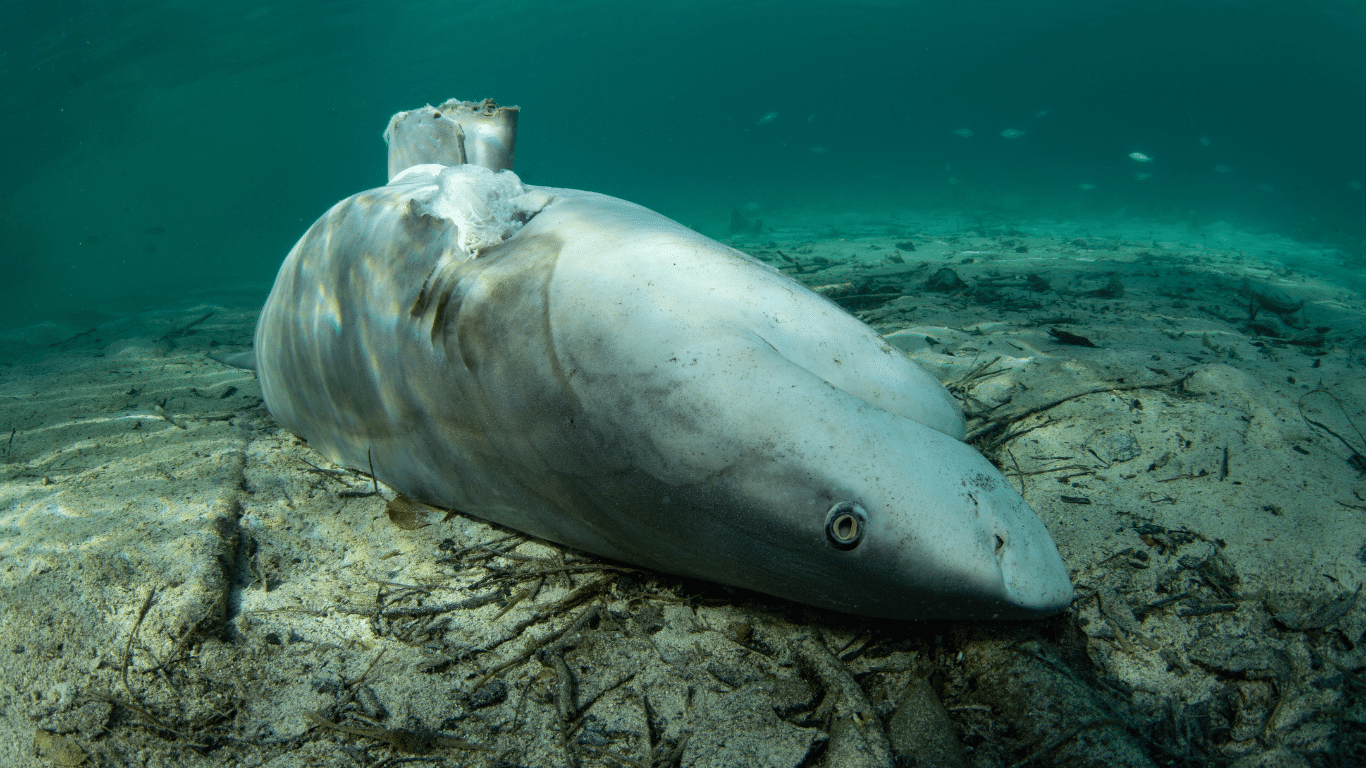Sharks
Sharks are an ancient group of fish made of cartilage that have existed on Earth for over 400 million years and evolved into the 500 species that live in today’s oceans.
As the ocean’s top predators, they play a vital role in maintaining ocean health. However, these important creatures are facing a global crisis, with approximately one-third of species well on their way towards extinction.
Sharks are not the fearsome beasts that the media often portrays them to be. Moreover, ensuring their survival is important for the health and well-being of the oceans.
Sharks are misunderstood creatures.
Sharks are victims of the “Jaws syndrome”.
Jaws is a famous movie about a wildly improbable series of shark attacks. People’s reaction to the film led to a widespread fear of sharks, making conservation efforts difficult. This fear also resulted in increased hunting and culling of sharks.
- Humans have had a devastating impact on global shark populations in a relatively short period. Since the 1970s, shark and ray populations have been reduced by more than 70%. The movie Jaws was released in 1974.
- Many shark species are targeted for their highly-valued liver oil, skin, and fins used in shark fin soup. This has led to overfishing. Recent investigations have found that nine of the ten shark species listed in the Hong Kong shark fin trade are considered to be threatened species, often caught illegally.
- In addition to being directly targeted by fishing operations, many sharks are accidentally caught by large nets or fishing gear, a phenomenon known as bycatch.
- Habitat loss, competition for food with fisheries and pollution also threaten shark populations.
An estimated one hundred million sharks are killed by humans each year, compared to a yearly average of just ten human shark-related deaths, which are more often than not accidental attacks driven by increased human-wildlife conflict.

Quick facts
- Sharks range in size from the smallest dwarf lantern shark, just 20cm long, to the whale shark, which can reach an impressive 40 feet (12 meters) in length.
- Sharks are in the same grouping as rays and skates.
- Shark teeth are embedded in the gum, not the jaw, and are arranged in multiple rows. As teeth are lost over time, these rows move forward in a conveyor belt motion. Some sharks can lose up to 30,000 teeth throughout their lives.
- Sharks are wrapped in a complex outer skin of tooth-like “scales” called denticles. These denticles reduce friction when swimming.
- Sharks, unlike other fish, do not have a gas-filled swim bladder to aid in buoyancy; instead, they have a large, oil-filled liver.
- Sharks have an array of keen senses but, most impressively, thousands of tiny organs that detect changes in the surrounding electromagnetic field. This allows them to detect prey with superior accuracy and aid in migration and orientation within their environments.
- The Greenland shark is the longest-lived vertebrate, living between 272 to 400 years.
- Did you know? You are more likely to die in a car crash, from a firework incident or by a lightning bolt, than from a shark attack.
Sharks range in size from the smallest dwarf lantern shark, just 20cm long, to the whale shark, which can reach an impressive 40 feet (12 meters) in length.
Sharks are in the same grouping as rays and skates.
Shark teeth are embedded in the gum, not the jaw, and are arranged in multiple rows. As teeth are lost over time, these rows move forward in a conveyor belt motion. Some sharks can lose up to 30,000 teeth throughout their lives.
Sharks are wrapped in a complex outer skin of tooth-like “scales” called denticles. These denticles reduce friction when swimming.
Sharks, unlike other fish, do not have a gas-filled swim bladder to aid in buoyancy; instead, they have a large, oil-filled liver.
Sharks have an array of keen senses but, most impressively, thousands of tiny organs that detect changes in the surrounding electromagnetic field. This allows them to detect prey with superior accuracy and aid in migration and orientation within their environments.
The Greenland shark is the longest-lived vertebrate, living between 272 to 400 years.
Did you know? You are more likely to die in a car crash, from a firework incident or by a lightning bolt, than from a shark attack.

What would happen without sharks?
Sharks play a vital role in the food web, controlling ocean populations and maintaining ecosystem balance. By maintaining the natural order of preying on sick, old, and weak members of species, sharks contribute to ecosystem health. Shark population sizes are often considered an indication of general marine health.
Without sharks, the balance of ocean ecosystems would be completely disrupted, leading to unchecked prey populations. This would result in a cascade of imbalance down the food web, impacting every species within the ecosystem.
Healthy shark populations preserve coral reefs and kelp forests and protect seagrass meadows by maintaining grazer populations, providing vital nursery habitats and acting as “carbon sinks” in the battle against climate change. Carbon sinks capture extra carbon in the atmosphere and reduce the effects of global warming.
Additionally, in the absence of sharks, unhealthy populations would begin to grow as the weak, old, and sick individuals would no longer be removed. This could lead to disease outbreaks.
How we can help sharks
Conservation efforts are essential to safeguarding sharks’ futures. These include establishing marine protected areas (MPAs), regulating fishing practices, and raising awareness about sharks’ importance. Public support for sustainable seafood, ecotourism, and stricter laws against shark finning is key to ensuring the survival of these vital creatures.
Learn more about the threats to our marine ecosystems and what we’re doing to help.

